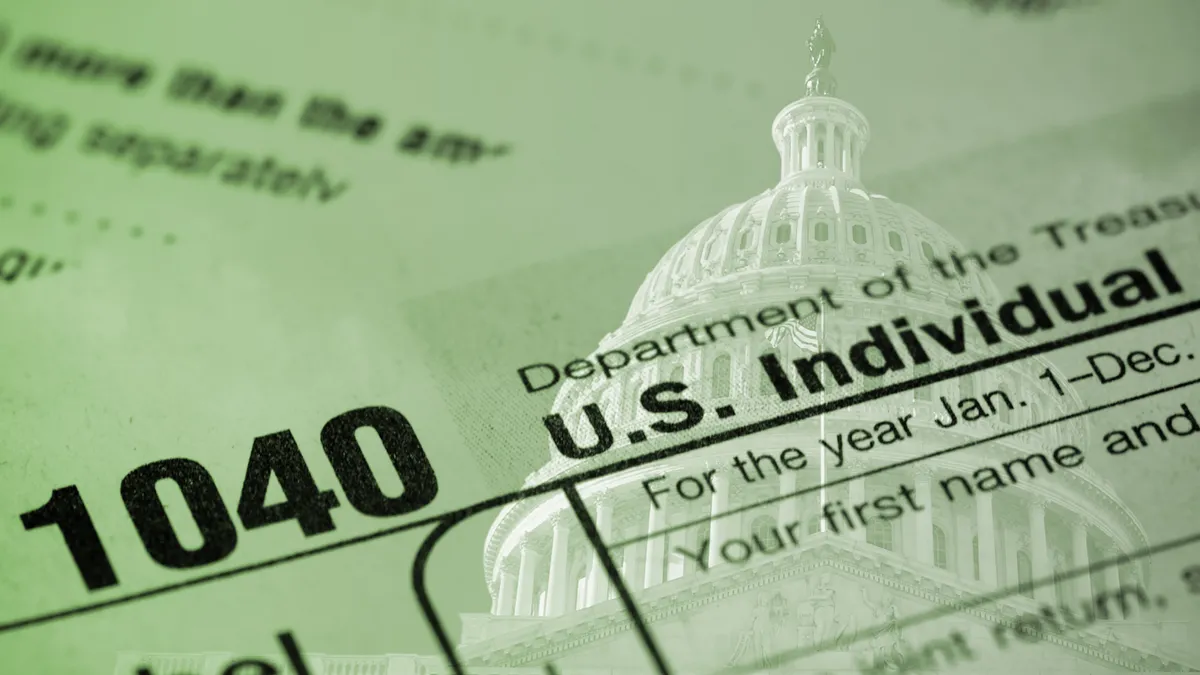Dive Brief:
- In an Aon Pulse survey of 2,000 employees emailed to HR Dive measuring workers' opinions on where they would like to see their employer's tax savings allocated, 65% say employers should spend their savings on increases in annual and hourly wages.
- A second survey of 504 mid- to large- size employers found 55% said they plan on using the windfall for broad-based expenditures, while 29% plan on allocating savings to employees' compensation and benefits. A small segment (15%) of employers plan to allocate some tax savings to addressing pay gaps.
- Although employees were two times as likely to favor wage increases over any other use of the tax savings, 32% thought employers should invest in new locations, products, or solutions, compared to 22% who said investment should go toward one-time cash payments for themselves. One-fifth of employees said employers should let them decide how some of the savings should be spent.
Dive Insight:
Surprise, surprise: the majority of workers want a pay increase. Wages have been relatively flat for several consecutive quarters, and increases over the past year (hovering at or below 3%) aren't keeping up with inflation. That's not helped by the statistical reality that, by and large, employers have so far dodged the prospect of raising wages by dedicating the lion's share of payroll investments to short-lived, one-time cash payments.
The Tax Cuts and Jobs Act reduced the corporate tax rate from 35% to 21%, generating savings that prompted discussions on what employers would do with their windfalls. Some companies have publicly announced their plans, varying from upping 401k contributions to pushing even more one-time bonuses. Others opted to make modest increases to either minimum or overall wages, or both.
A notable observation from the Aon survey is employee support for organizational investment in innovation, including new products and solutions, which ranked higher than one-time cash payments. Employers should take note: many workers are invested in organizational growth and progress. Another notable result is employer's attention to closing pay gaps with their tax savings. This can be a critical step towards ending pay inequality and combating pay discrimination.











